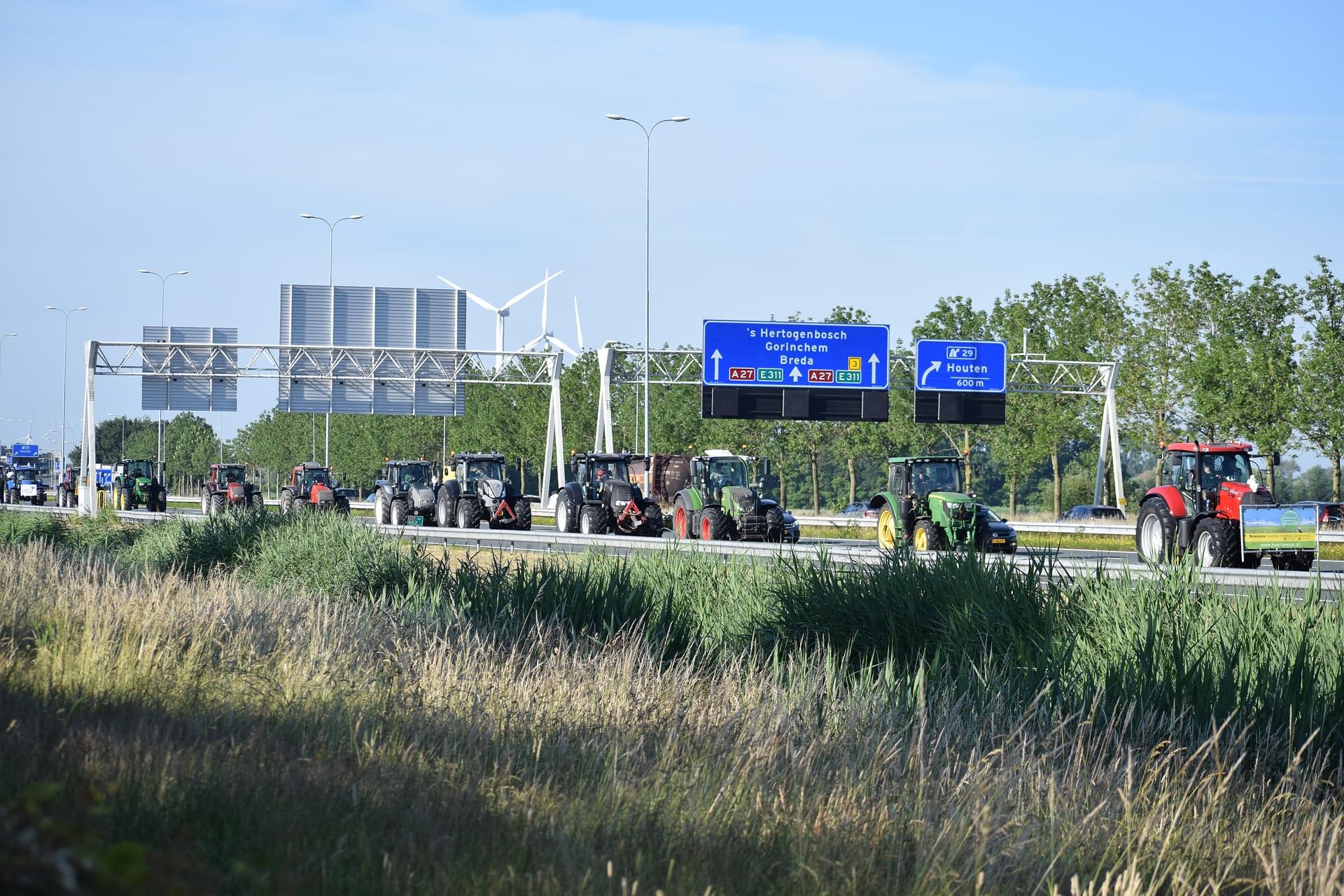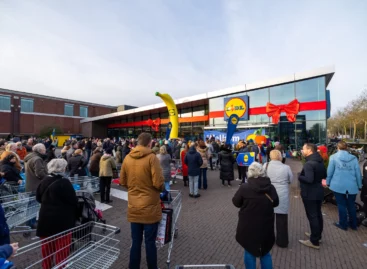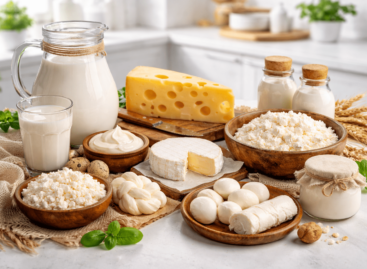This is how Dutch farmers reacted to the government’s plans
Thousands of farmers gathered in central Holland on Wednesday 20 July to protest the Dutch government’s plans to cut greenhouse gas emissions and thereby expropriate farms. They obstructed traffic on major highways with their tractors.

The protest was organized earlier this month after the government unveiled plans for nitrogen emissions
The protest was organized earlier this month after the government unveiled plans for nitrogen emissions, angering farmers who say their livelihoods – and those of thousands of workers in the agricultural service industry – are at stake. According to the organizers, about 40,000 farmers gathered in the village of Stroe, about 70 kilometers from Amsterdam. Several demonstrated in t-shirts with the words “No farmers, no food”. The government called the plan an “inevitable transition”, during which greenhouse gas emissions must be reduced by up to 70 percent in places close to nature reserves, and by up to 95 percent in other areas. As a result, many farmers would be forced to sell their land. Marijn van Heun, a 23-year-old dairy farmer from central Utrecht province, said the government’s plans would deprive young farmers of their future. – Our fathers and uncles cannot invest in the future. So, as young farmers, we have no chance to continue working and take over a farm.There isn’t much time left
The coalition government has earmarked an additional €24.3 billion to fund changes that are likely to force many farmers to drastically reduce their livestock or get rid of them altogether. The plans, which must be implemented by provincial governments, have been opposed even by members of Prime Minister Mark Rutte’s own party and other members of his coalition. Provincial governments have been given one year to develop plans to meet the reduction targets.
Something for something
Agriculture is a key sector of the Dutch economy, with exports worth nearly 105 billion euros last year. However, this comes at the cost of producing polluting gases, even though farmers are taking steps to reduce emissions.
Source: Euronews
Related news
NAK President: more than 120 thousand people signed the agricultural petition in one month
🎧 Hallgasd a cikket: Lejátszás Szünet Folytatás Leállítás Nyelv: Auto…
Read more >Related news
GDP growth in OECD member countries slowed to 0.3 percent in the last quarter of last year
🎧 Hallgasd a cikket: Lejátszás Szünet Folytatás Leállítás Nyelv: Auto…
Read more >Change in Rossmann Hungary’s leadership: Kornél Németh decided to move towards new challenges in 2026
🎧 Hallgasd a cikket: Lejátszás Szünet Folytatás Leállítás Nyelv: Auto…
Read more >









